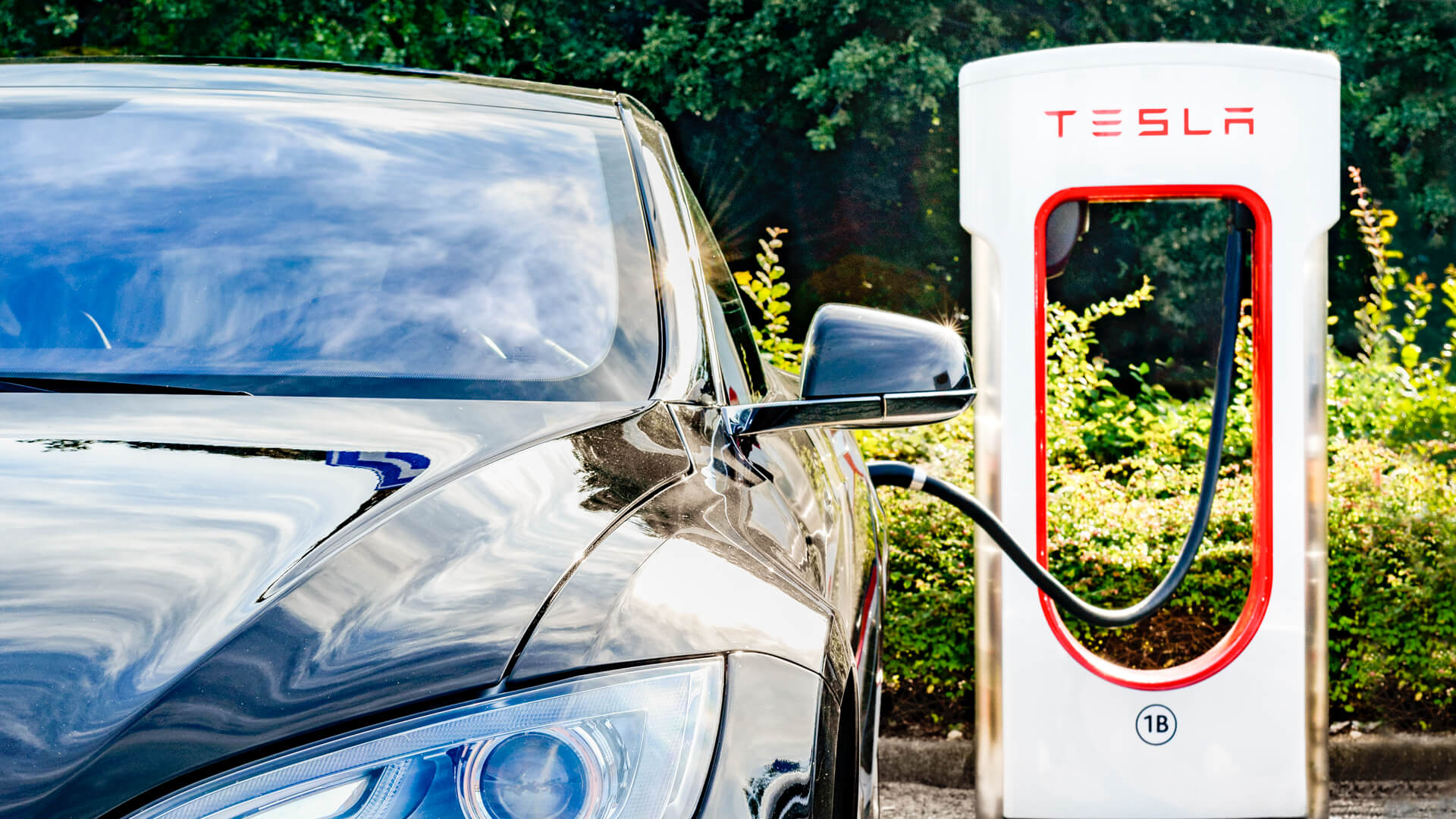Electric cars are becoming increasingly popular as people seek to reduce their carbon footprint and save money on fuel costs. Tesla, one of the leading electric car manufacturers, is known for its sleek designs and high-end features. But how much does it cost to charge a Tesla? In this blog post, we will explore the various factors that determine the cost of charging a Tesla and give you an idea of what to expect.
Factors that Determine the Cost of Charging a Tesla
There are several factors that determine the cost of charging a Tesla, including:
Electricity Rates
The cost of electricity varies depending on where you live and what time of day you charge your car. If you charge your car during off-peak hours when electricity rates are lower, you can save a significant amount of money.
Battery Size
The size of your Tesla’s battery will also affect the cost of charging. A larger battery will take longer to charge and require more electricity, resulting in a higher cost.
Charging Method
There are two primary methods of charging a Tesla: at home using a standard wall outlet or using a Tesla Supercharger. Charging at home is cheaper but slower, while using a Supercharger is faster but more expensive.
Distance Driven
The distance you drive also affects the cost of charging a Tesla. The farther you drive, the more often you will need to charge your car, resulting in higher electricity costs.
Cost of Charging a Tesla at Home
The cost of charging a Tesla at home depends on your electricity rates and the size of your battery. On average, a full charge for a Tesla Model 3 with a 75 kWh battery will cost around $15-$20. However, if you charge your car during off-peak hours, you can expect to pay closer to $10-$15 for a full charge.
To calculate the exact cost of charging your Tesla at home, you will need to know your electricity rates and the size of your battery. Most electric companies offer a time-of-use plan that charges lower rates during off-peak hours, so be sure to take advantage of these savings.
Cost of Charging a Tesla at a Supercharger
The cost of charging a Tesla at a Supercharger is higher than charging at home. The cost per kilowatt-hour (kWh) varies depending on the location of the Supercharger, but it typically ranges from $0.25 to $0.50 per kWh. A full charge for a Tesla Model 3 at a Supercharger can cost around $30-$40.
While charging at a Supercharger is more expensive, it is much faster than charging at home. A Supercharger can charge a Tesla Model 3 up to 80% in around 40 minutes, compared to several hours to charge at home.
Tips to Reduce the Cost of Charging a Tesla
Charge during off-peak hours: As mentioned earlier, charging your Tesla during off-peak hours can significantly reduce your electricity costs.
Use Tesla’s Trip Planner: Tesla’s Trip Planner can help you plan your route and find Superchargers along the way. This can help you avoid unnecessary charging stops and reduce the overall cost of charging.
Invest in solar panels: If you have solar panels installed on your home, you can generate your own electricity and reduce your dependence on the electric grid. This can help you save money on electricity costs and reduce your carbon footprint.
Conclusion
The cost of charging a Tesla depends on several factors, including electricity rates, battery size, charging method, and distance driven. Charging at home is cheaper but slower, while charging at a Supercharger is faster but more expensive. To reduce the cost of charging your Tesla, you can charge during off-peak hours, use Tesla’s Trip Planner
Zeeshan is a seasoned tech expert and senior writer at Teckrr.com. With over 10 years of experience in tech journalism, he brings insightful analysis and up-to-date information on the latest tech trends. Zeeshan holds a MBA degree from Business and Tech University and is known for his engaging writing style and ability to demystify complex tech topics. Stay connected with the cutting-edge of technology through his expert lens.

Leave a Reply